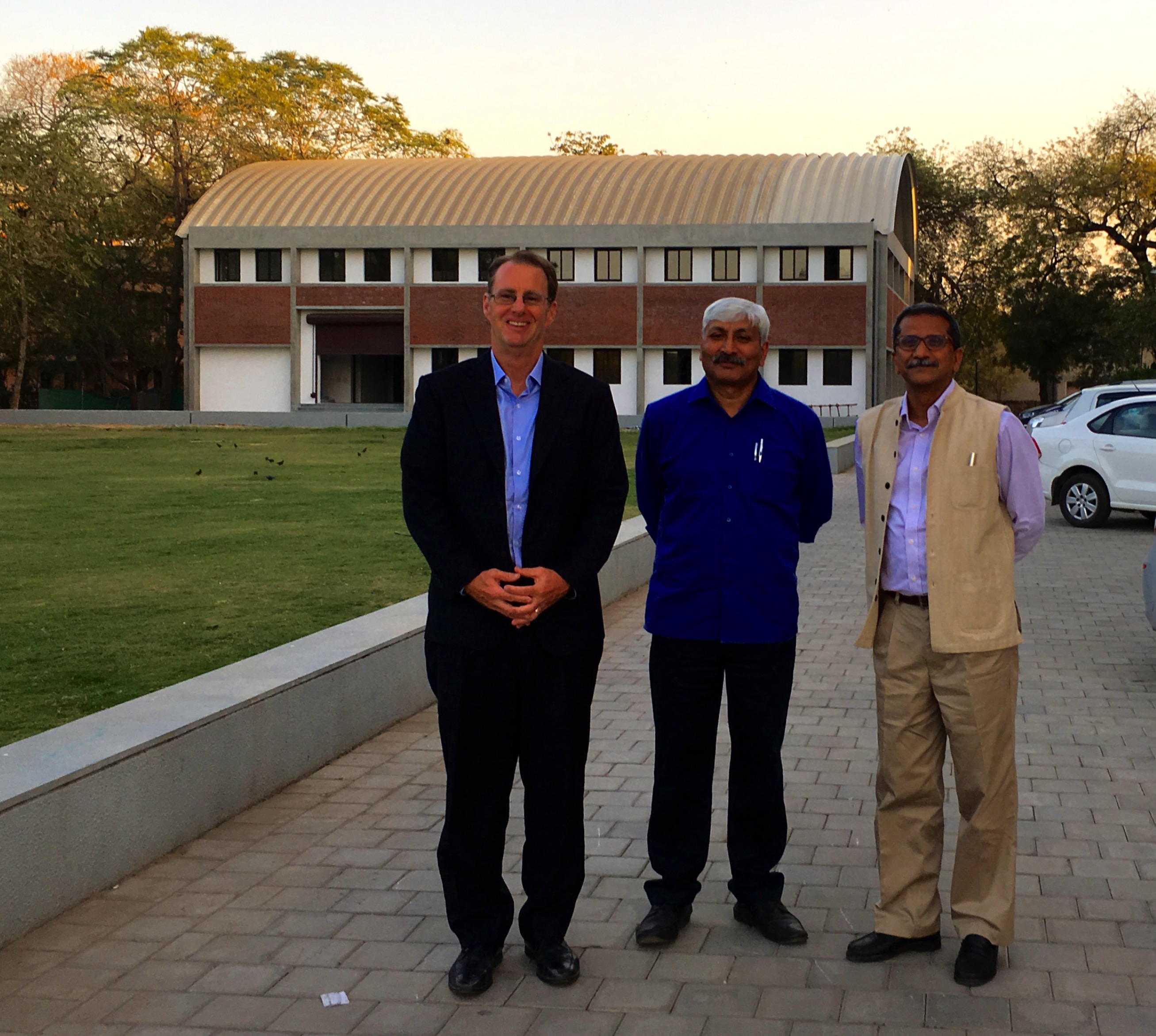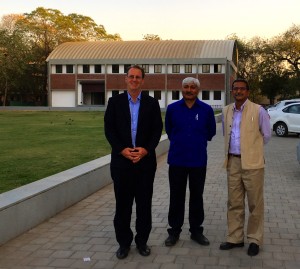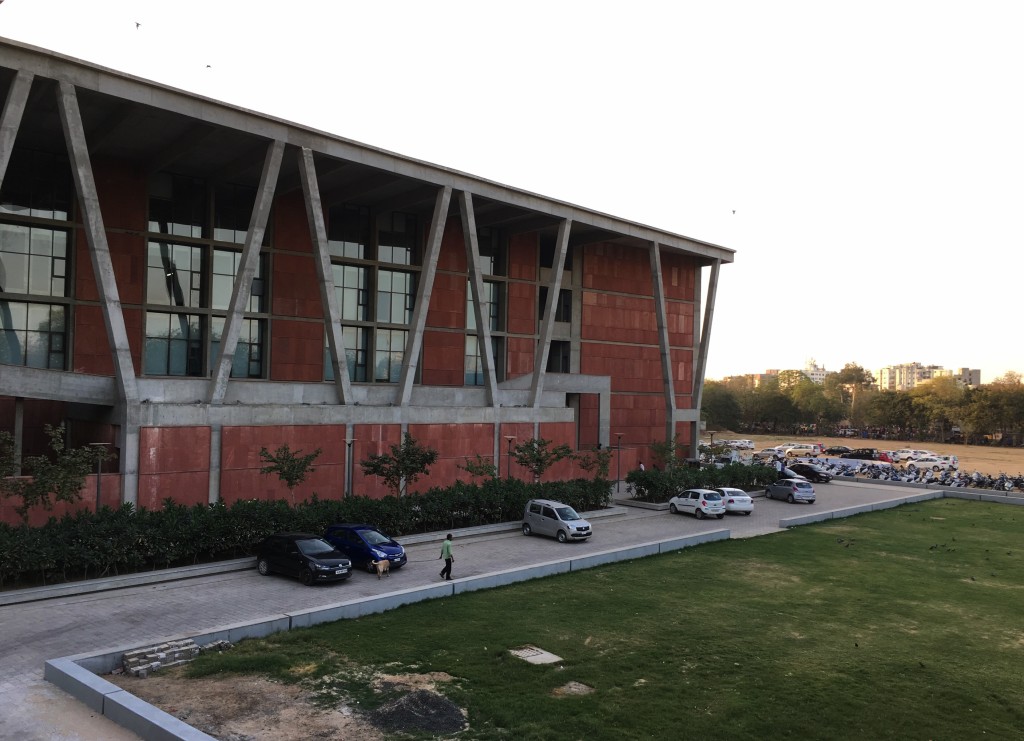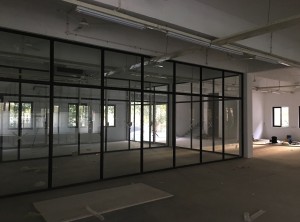On February 22-23, I was able to visit Ahmedabad, where I was invited to speak to a group of assembled academic leaders from the University of Ahmedabad and the Manipal Group of Universities about Liberal Arts. The meeting was to envision the implementation of a new program in undergraduate liberal arts at University of Ahmedabad, which is a young university established in 2009 by the Ahmedabad Education Society (AES), a private Educational Trust. Ahmedabad University is expanding to include innovative interdisciplinary liberal arts programs for undergraduates. Pankaj Chandra, the Vice Chancellor, was a gracious host, and took me around Ahmedabad where we discussed a wide range of topics in higher education in India. A Hindi professor from U. New Delhi, Apoorvanad, joined us for many of our wide-ranging discussions and I really enjoyed getting to know Pankaj, Apoorvanad, and the others in the panel.
Our meeting included the following participants:
Yale-NUS College – Bryan Penprase (Director, Centre for Teaching and Learning and Professor of Science)
University of Chicago – Balaji Srinivasan
Manipal University
- Rajen Padukone (Group President – Manipal Education and Medical Group)
- Vinod Bhat (Vice Chancellor – Manipal University)
Ahmedabad University
- Pankaj Chandra (Vice Chancellor, Ahmedabad University)
- Devanath Tirupati (Dean, Ahmedabad University’s Amrut Mody School of Management (AMSOM))
- Parag Patel (Associate Dean UG Programmes, Amrut Mody School of Management)
- Saptam Patel (Assistant Professor – Communication Chair, BCom Programme)
- Payel Chattopadhyay (co-Director, Center for Future Learning)
University of Delhi – Apoorvanad (Professor of Hindi and Author)
The discussion was intense, thoughtful and insightful. We were able to develop strategies for developing a liberal arts program build upon individualized education for students, that includes dialog as a central element in pedagogy, and authentic assessments that can connect students to the larger world in their work. This would include using observations from students in presentations, writing position pieces to larger audiences for assignments, and displaying work in public settings. The larger concept of authentic assessment is vital for success, as it breaks away from exam-based pedagogy (which typically tests only lower-order learning outcomes) and allows for students to synthesize their own ideas, and to create new and original materials as part of their education.
We also recognized the need to communicate the goals and methodologies of this type of education to parents and to society, and to overtly push back against the definitions of “success” prevalent in Indian society – which tends to prioritize safe and high paying jobs as a primary consideration, often at the expense of developing student interests, and original capabilities.
Some photos of the campus are below. Ahmedabad University has an ambitious construction and hiring plan – and so the main building of the campus will soon be joined by large student center, and an arts and sciences building (currently a green field). A “maker space” is under construction and should provide a good space for students to build projects of all sorts – another outlet for their creativity, which will be a hallmark of the new University!





